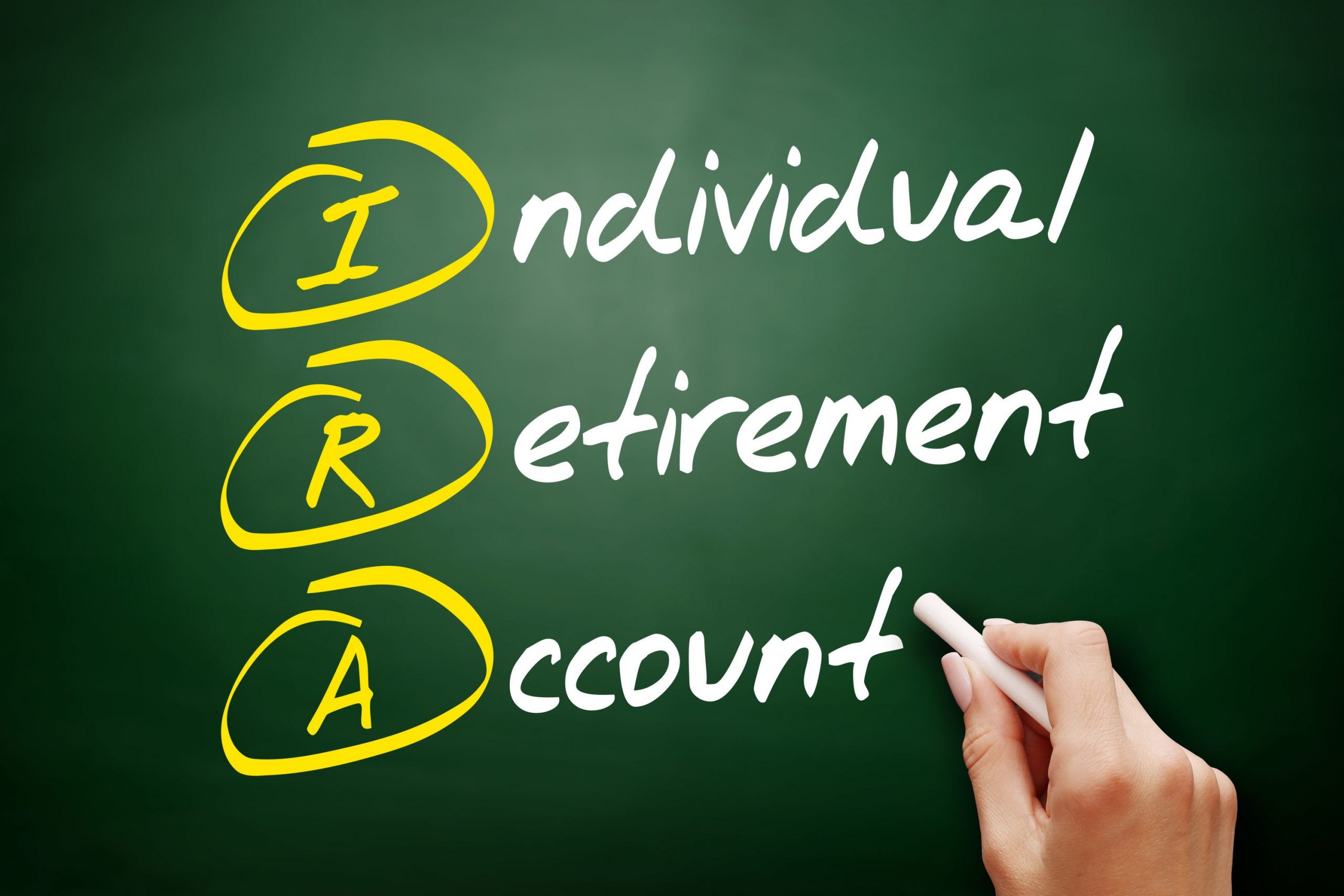Even if you have a long-term care insurance policy, you may likely be hoping that…

The Facts about the IRA Charitable Rollover
What is the IRA Charitable Rollover and how does it work?
The Individual Retirement Account (“IRA”) Charitable Rollover is a “Qualified Charitable Distribution” which allows the IRA owner, who is 70 ½ or older, to make tax free gifts of up to $100,000, directly from the financial institution holding the IRA to qualified public charitable organizations. While this distribution is excluded from taxable income to the IRA owner, the tax free gift can satisfy all or part of the annual “Required Minimum Distribution” of the IRA owner. The IRA owner may make several direct distributions throughout the year to multiple qualified charities for a maximum total of $100,000. Any amounts exceeding the $100,000 allowance would not be excluded from income tax, but would receive a corresponding charitable contribution deduction.
The IRA Charitable Rollover must be completed by December 31st of the year in which the distribution would be subject to income tax. The IRA owner may make these tax free gifts on an annual basis. If qualified, the spouse of the IRA owner, who is 70 ½ or older and has an IRA, may also make a Qualified Charitable Distribution of up to $100,000 annually. Also, the IRA owner can still designate qualified charitable organizations as beneficiaries of the IRA upon death.
What are the tax benefits of the IRA Charitable Rollover?
Since the IRA Charitable Rollover does not generate taxable income, the IRA owner benefits from not having to recognize the distribution as income. By avoiding the recognition of taxable income, a lesser amount of the Social Security income of the IRA owner may be subject to income tax. The IRA Charitable Rollover does not provide an income tax deduction; however, the IRA owner benefits even if the IRA owner does not itemize tax deductions. The IRA owner would not have received an income tax benefit for charitable contributions and other deductions such as mortgage interest, and real estate taxes. Also, the IRA Charitable Rollover allows the IRA owner to exclude the value of the distribution from the gross estate without any tax consequences.
The IRA owner should obtain contemporaneous written confirmation from the qualified charitable organization of the direct distribution from the financial institution holding the IRA, in order to substantiate the IRA Charitable Rollover and receive the tax benefit. The written acknowledgment must include the amount of the gift, that the charitable organization is a qualified public charity authorized to receive IRA distributions, and that the IRA owner did not receive any benefit in goods or services in exchange for the distribution. Otherwise, the distribution will not qualify as an IRA Charitable Rollover. The IRA owner must provide the acknowledgement to his/her income tax preparer in order to report the Qualified Charitable Distribution on the applicable income tax returns.
Do you have charitable intentions and would like to put your IRS Required Minimum Distributions to good use?
If you have charitable intentions and would like to put your Required Minimum Distributions to good use, you may wish to consider the IRA Charitable Rollover, and make direct distributions of up to $100,000, annually, to qualified charitable organizations. Not only will you receive the tax benefits, but you will also be able to witness the impact of your generosity and philanthropy, and put your legacy into action.
We invite you to take advantage of our comprehensive website as well as our free seminars and webinars to learn more about how Russo Law Group, P.C. may assist you if you are contemplating making an IRA Charitable Rollover.
Russo Law Group, P.C.
100 Quentin Roosevelt Blvd., Suite 102
Garden City, NY 11530
800-680-1717





This Post Has 0 Comments